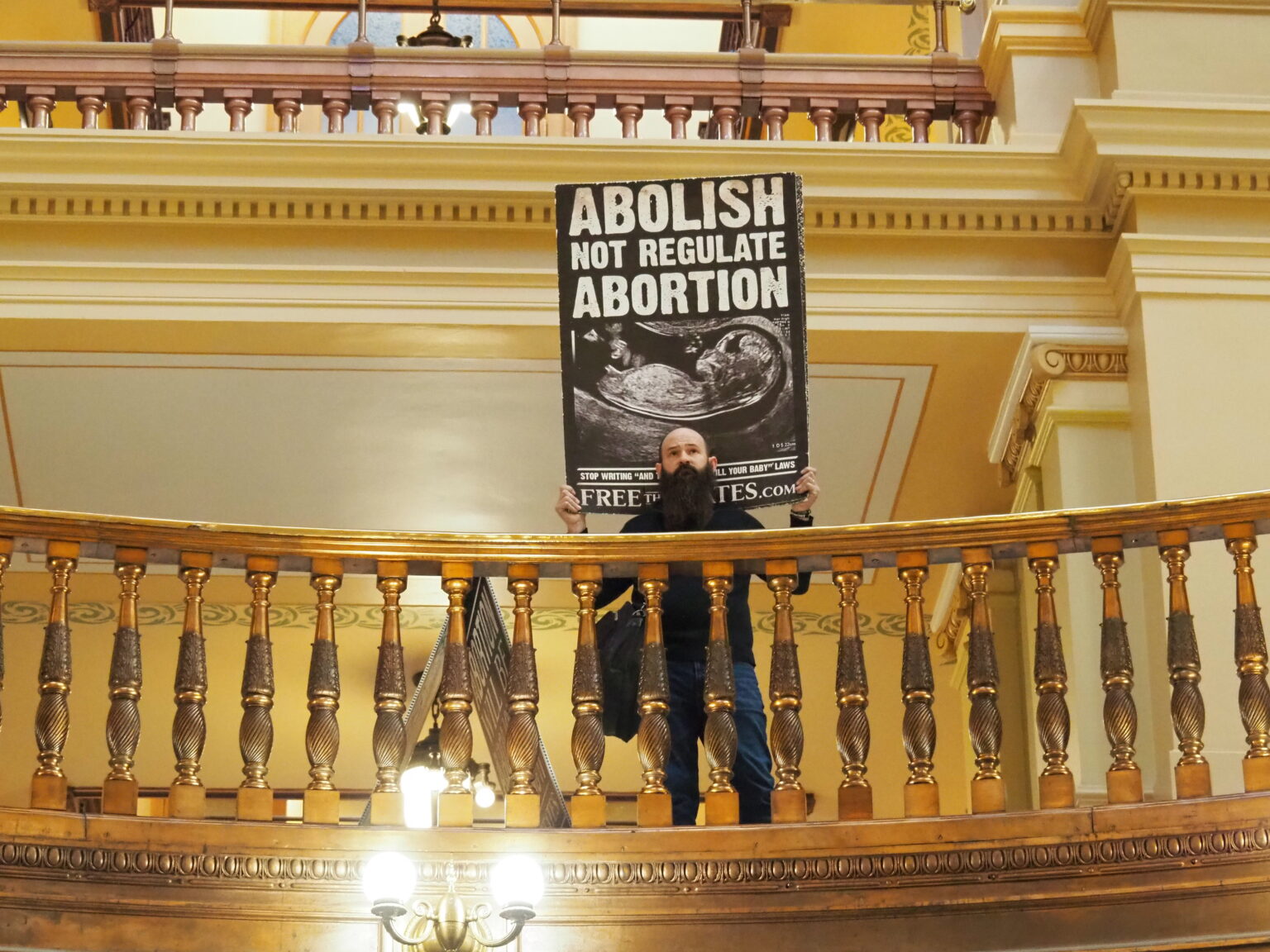In Kansas, the Republican-controlled Legislature has passed several proposals aimed at restricting abortion rights. Among these measures is one that would criminalize threats of physical or financial coercion to compel someone to undergo an abortion.
This legislation also includes provisions for increased reporting on abortions and support for anti-abortion centers providing counseling and services to pregnant women and new mothers. These measures come amidst a legal landscape where the Kansas Supreme Court has ruled in favor of protecting abortion rights under the state constitution.
Governor Laura Kelly, a Democrat and staunch supporter of abortion rights, is expected to veto these anti-abortion measures. However, the proposals have garnered enough support in the Legislature to potentially override a veto with two-thirds majorities in both chambers. Proponents of the bills argue that they reflect the views of the majority of Kansans, who believe that too many women feel compelled to choose abortion due to a lack of alternatives.

Kansas Legislators Approve Measure Criminalizing Abortion Coercion (Credits: AP News)
One of the bills awaiting the governor’s decision would specifically criminalize coercion into abortion, while another would require abortion providers to inquire about patients’ reasons for seeking abortion and report this information to the state health department. These measures have drawn criticism from abortion rights advocates who argue that they infringe upon patients’ privacy and are unnecessary.
The Legislature has passed measures to provide financial incentives for donors to anti-abortion counseling centers and exempt these centers from state sales tax. Critics argue that this funding should not be provided by the state, especially considering the overwhelming support for abortion rights among Kansas voters.
Democrats have voiced frustration over the Legislature’s focus on anti-abortion legislation, arguing that it disregards the voters’ support for abortion rights. They contend that abortion is a legal health service and that funding should not be allocated to facilities that discourage its use.
Despite opposition, abortion opponents are pushing for further legislation, including a bill to allow prospective mothers to seek child support back to conception to cover pregnancy expenses. Supporters of these measures frame them as tools to combat human trafficking and other crimes, but critics argue that the broad language of the coercion bill could have unintended consequences, potentially affecting doctors and individuals in contentious domestic situations.























